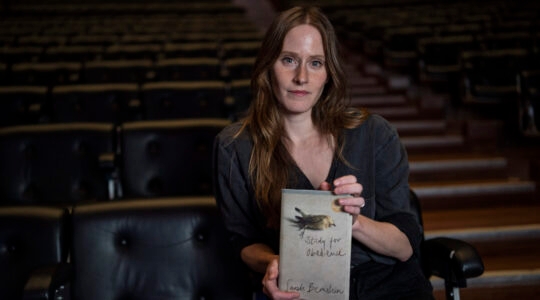(JTA) — Noncommercial ritual slaughter can continue in Poland pending a government petition, Poland’s interior minister reportedly said.
Minister Michal Boni filed the petition to allow noncommercial shechitah, or ritual slaughter, Thursday morning with the Polish constitutional court, according to Poland’s ambassador to Portugal, Bronislaw Misztal.
Misztal delivered the news in Lisbon to Jose Oulman Carp, president of Lisbon’s Jewish community. Abdool Vakil, President of the Portuguese Islamic community, also attended the meeting.
Carp, speaking to JTA, quoted Misztal as saying that noncommercial slaughter would continue in Poland “until a final decision is taken by the constitutional tribunal.”
Smaller European Jewish and Muslim Jewish communities rely on Poland for a supply of ritually slaughtered meat.
Reached by JTA, Poland’s Interior Ministry would neither confirm nor deny the report.
Last November, Poland’s constitutional court scrapped a government regulation exempting Jews and Muslims from a law requiring the stunning of animals prior to slaughter. Muslim and Jewish ritual slaughter requires that animals be conscious before their necks are cut.
The ruling resulted in a ban on Jewish and Muslim ritual slaughter, which in Poland has evolved into a $500 million industry for export. On July 12, a bill to legalize ritual slaughter was defeated 222-178 in Poland’s lower house.
The minister’s petition ultimately may not be enough to salvage the industry, as it is restricted to allowing slaughter “for religious reasons and not commercial objectives,” according to what the Polish ambassador told Carp.
The Jewish Chronicle of London reported Friday that more than 80 slaughterhouses, meat plants and animal breeders are preparing to sue the Polish government for losses of future profits and on supply contracts that have already been signed.

Help ensure Jewish news remains accessible to all. Your donation to the Jewish Telegraphic Agency powers the trusted journalism that has connected Jewish communities worldwide for more than 100 years. With your help, JTA can continue to deliver vital news and insights. Donate today.





